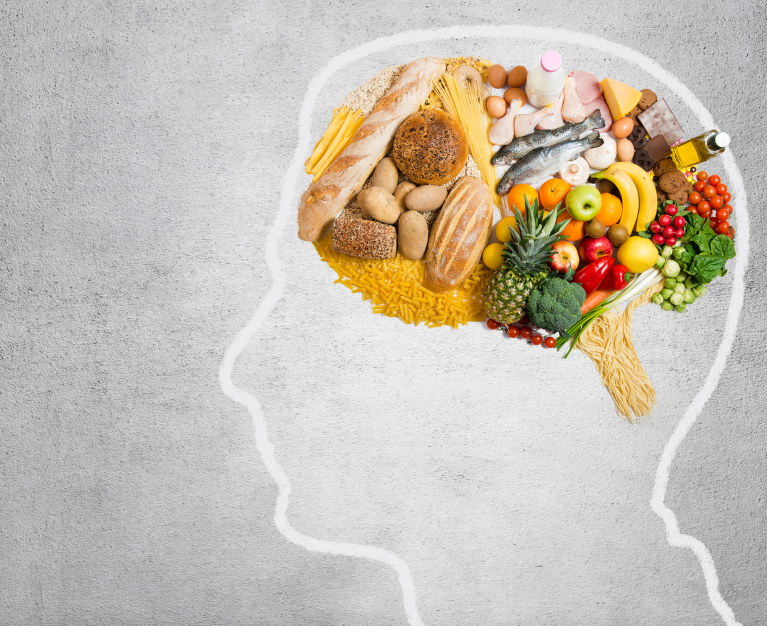Could blueberries prevent Alzheimer’s disease?
They’re one of the foods specified in a new study outlining a diet that seems to reduce the devastating disease.
The MIND Diet, developed by nutritional epidemiologists at Rush University Medical Center in Chicago, reduced the risk of Alzheimer’s by as much as 53 percent in adults who followed the plan rigorously and about 35 percent in those who followed it moderately well, according to a study published March 19 in Alzheimer’s & Dementia: The Journal of the Alzheimer’s Association.
Mediterranean dieters, meet DASH dieters
The diet, developed by nutritionist Martha Clare Morris, PhD, and colleagues, is a hybrid of the Mediterranean and DASH (Dietary Approaches to Stop Hypertension) diets. Both diets have been shown to reduce the risk of heart disease, and some studies have shown they may protect against Alzheimer’s as well.
The MIND Diet is also easier to follow than the Mediterranean Diet, which calls for eating fish daily, as well as three to four servings of fruits and vegetables, Morris said in a news release.
Food for thought
Brain-healthy foods designated by the new diet include:
- Leafy green vegetables
- Other vegetables
- Berries
- Olive oil
- Whole grains
- Nuts
- Fish
- Poultry
- Wine
- Beans
Foods designated as unhealthy include:
- Red meat
- Butter and stick margarine
- Cheese
- Sweets and pastries
- Fried and fast foods
How to practice the MIND diet
The MIND diet calls for at least three servings of whole grains, a salad and one other vegetable every day “” along with a glass of wine. It also involves snacking most days on nuts and eating beans every other day or so, poultry and berries at least twice a week and fish at least once a week.
The study advises limiting unhealthy foods, especially butter (less than 1 tablespoon a day), cheese, and fried or fast food (less than a serving a week for any of the three).
Berries were the only fruit specified in the research.
“Blueberries are one of the more potent foods in terms of protecting the brain,” Morris said, and strawberries have also performed well in past studies of the effect of food on cognitive function.
The study, though promising, needs to be verified in different populations, as well as through randomized clinical trials that will compare the MIND Diet to other dietary approaches, Morris said.

